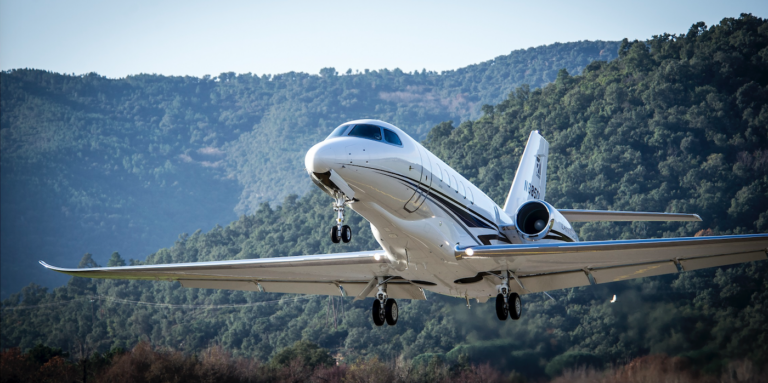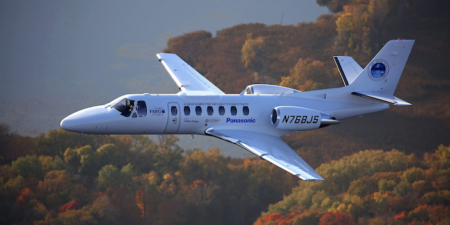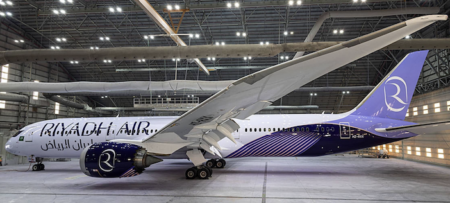Global communications company, OneWeb has announced that it is creating a “fit for business” aircraft cabin featuring high speed, low latency inflight connectivity for business aviation users. The global service is due to begin in 2021, connecting unconnected routes such as the Arctic and enabling business jet flyers to access all applications from their office in the air. Working with industry partners, OneWeb is aiming to deliver an affordable line-fit solution for a range of bizjets, from the smallest to the largest VVIP airliners and new supersonic offerings.
“Our vision for business aviation is fully customised, truly global, uninterrupted high-speed connectivity and we are building an eco-system for this sector,” said Dylan Browne, head of OneWeb’s business aviation, government and maritime sectors. “Business jet users want to make their time onboard count. They need to be able to access the same tools in the sky as on the ground. OneWeb will make it possible for all the software applications used in an office to be available in the sky.”
OneWeb’s solution is based on low latency, Low Earth Orbit (LEO) satellites situated approximately 750 miles from Earth. When OneWeb goes live, passengers will be able to participate in multiple simultaneous uninterrupted live video conferences, access cloud solutions such as Office365, connect with Live TV, as well as enjoy content streaming Apps such as Netflix and Amazon Video, and applications such as FaceTime and WhatsApp.
Ahead of launch, OneWeb has been growing its business aviation team, with new experts including satellite mobility expert, Carole Plessy, who brings 20 years of experience and was previously head of product development at Inmarsat. Plessy joins Ed Slater, who led airborne communication systems and planning for Air Force One during President George W. Bush and President Barack Obama’s terms.
OneWeb’s satellites are built in Florida by OneWeb Satellites, a joint venture between OneWeb and Airbus. OneWeb will deploy more than 30 satellites on a monthly basis starting in December 2019, as it grows its constellation for full global coverage.





